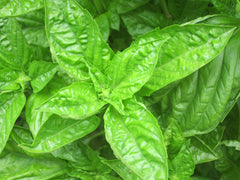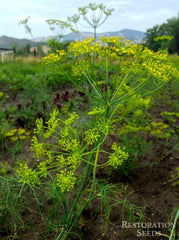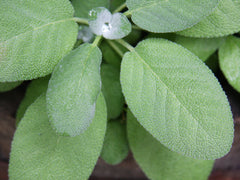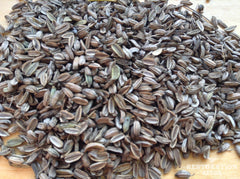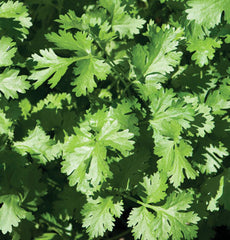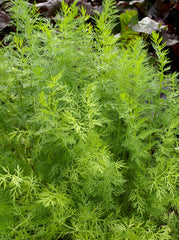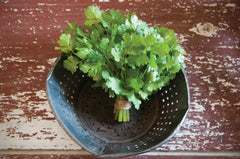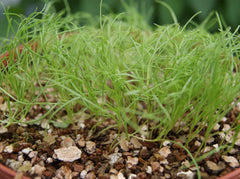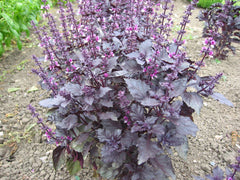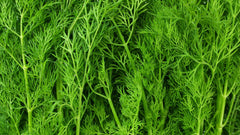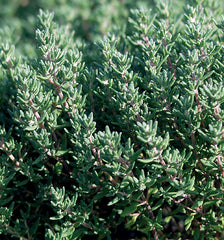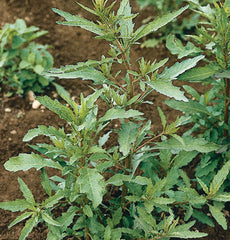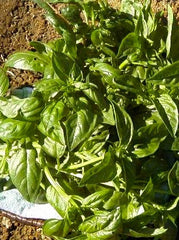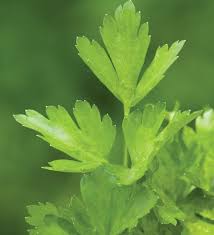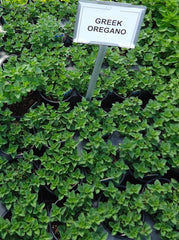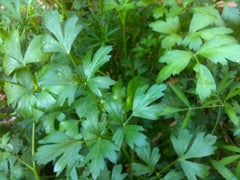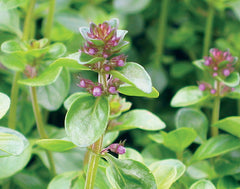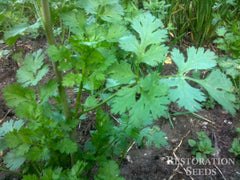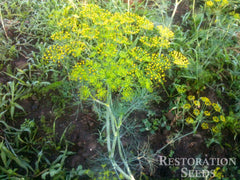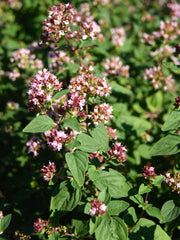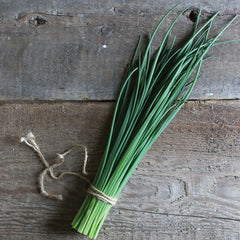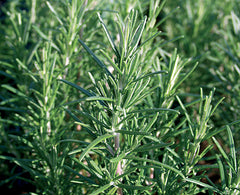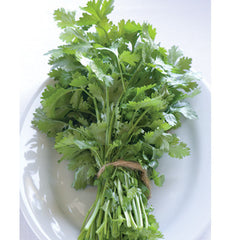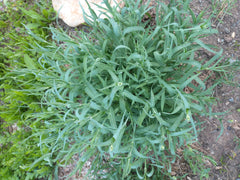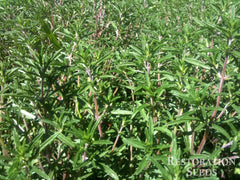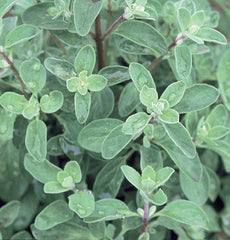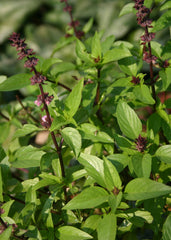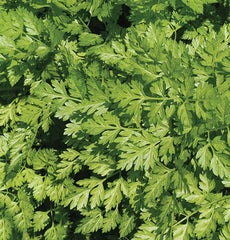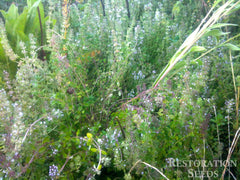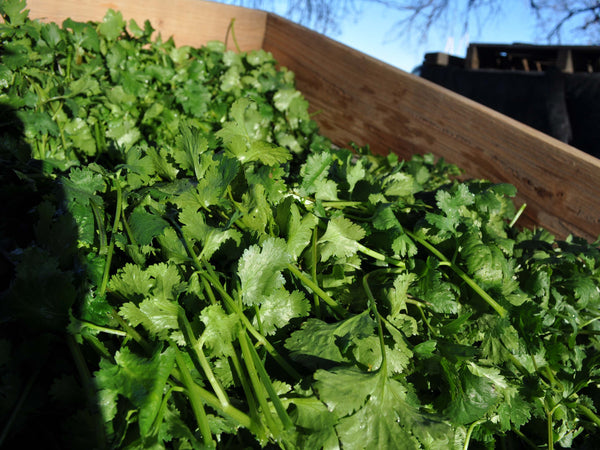Sunmaster cilantro
sunmaster-cilantro Sunmaster cilantro Coriandrum sativum
HOW TO GROW CILANTRO
Direct sow after last frost or late summer in succession for continuous harvest. Likes cool weather, bolts quickly in hot climates. Does not transplant well, encourages it to bolt. Fast growing, will become leggy if started indoors too early. Like the leaves and seeds, the flowers are also edible. Use them raw because the flavor fades quickly when cooked. Make successive sowings to ensure a continuous supply. Soil pH 6.1-7.8. Hardiness zones 11. Annual.
Days from maturity calculated from the date of seeding. Average 2,835 seeds per ounce. Usual seed life 2-3 years. Isolation distance for seed saving: 250 feet.
Planting Depth 1/4-1/2”
Soil Temp. Germ. 60-75˚F
Days to Germ. 5-14
Plant Spacing 4-10”
Row Spacing 14-20”
Days To Maturity 50-55
Full Sun, Moist Well Drained
Days from maturity calculated from the date of seeding. Average 2,835 seeds per ounce. Usual seed life 2-3 years. Isolation distance for seed saving: 250 feet.
Planting Depth 1/4-1/2”
Soil Temp. Germ. 60-75˚F
Days to Germ. 5-14
Plant Spacing 4-10”
Row Spacing 14-20”
Days To Maturity 50-55
Full Sun, Moist Well Drained
- 200 Seeds$3.50
- 2000 Seeds$12.50
Bred for larger leaf production. Extra slow to bolt and good for mild climates. Zesty aromatic flavor leaves used as culinary herb in Mexican and Asian cuisine. No Mexican meal is complete without this multi-purpose herb. The fresh leaves are called cilantro, chop in salsas and salads. Crushed dried seeds are used a...
Bred for larger leaf production. Extra slow to bolt and good for mild climates. Zesty aromatic flavor leaves used as culinary herb in Mexican and Asian cuisine. No Mexican meal is complete without this multi-purpose herb. The fresh leaves are called cilantro, chop in salsas and salads. Crushed dried seeds are used as a spice called coriander which is an important ingredient to curries, chutneys and breads. Seeds have a lemon citrus flavor and are most commonly used in Indian cooking. The roots are used to add an intense flavor to soups and curries in Asian cuisine Also known as Chinese parsley. Tags: Certification: Organic.
Cilantro is one of the oldest culinary herbs and is native to southern Europe, North Africa to southwest Asia. Seed dating back to 5000 BC was found in a cave in modern-day Israel. Fresh leaves are called cilantro. It migrated to China over the Silk Road, to Europe with the Roman Empire and to the Americas with Spanish conquistadors. Delicious cilantro recipes.
Cilantro is one of the oldest culinary herbs and is native to southern Europe, North Africa to southwest Asia. Seed dating back to 5000 BC was found in a cave in modern-day Israel. Fresh leaves are called cilantro. It migrated to China over the Silk Road, to Europe with the Roman Empire and to the Americas with Spanish conquistadors. Delicious cilantro recipes.
Learn More
Meet Your Farmer
We promote fair trade, organic practices and environmental responsibility throughout the Restoration Seeds supply chain. Below are the family farmers and seed suppliers who bring our open pollinated seeds to you.
Feral Farm
Certified Organic by CCOF
Seed grower since 2015
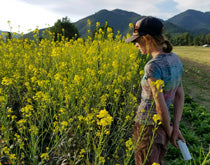

I started growing seed commercially as an apprentice at the Organic Farm School in the Puget Sound in Washington. I already loved growing vegetables, but taking a plant all the way through its life cycle felt like a special kind of honor, and I quickly saw the value in sustaining organic, important, and rare plant varieties and participating in sustainable food systems in this way. I moved to Oregon in 2015 and have been growing my organic seed farming business over the last four seasons by renting land from existing farms and slowly taking on higher volumes and more varieties. I’m currently growing 1.6 acres of certified organic seed crops and heirloom garlic.
Reviews
